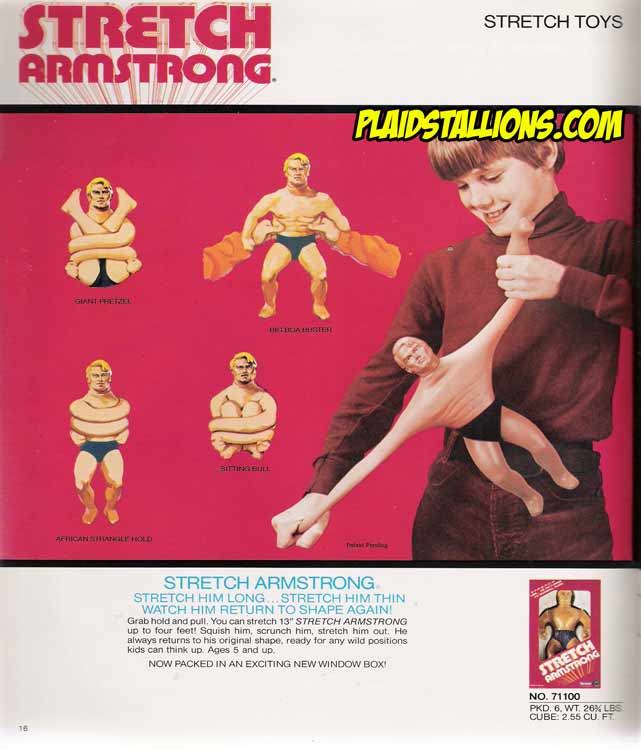 Those wishing to stretch indemnity clauses to the limit may want to read the recent Supreme Court of Virginia case, Uniwest Construction v. Amtech Elevator Services. This case, in addition to a recent indemnification case from the 4th Circuit, demonstrate that there are some real risks to demanding excessive indemnity obligations in a contract. You may actually wind up with nothing if you go too far.
Those wishing to stretch indemnity clauses to the limit may want to read the recent Supreme Court of Virginia case, Uniwest Construction v. Amtech Elevator Services. This case, in addition to a recent indemnification case from the 4th Circuit, demonstrate that there are some real risks to demanding excessive indemnity obligations in a contract. You may actually wind up with nothing if you go too far.
The Uniwest case involves a complicated dance amongst the prime contract indemnity and insurance clauses, the subcontract indemnity and insurance clauses, the insurance policies issued to a subcontractor, and Virginia Code Section 11-4.1 which voids indemnity against one’s sole negligence in personal injury and property damage claims on construction projects. Without delving into minutiae, the real take away is that both the trial court and the Supreme Court of Virginia expressly ruled that the subcontract indemnity clause was void against public policy and unenforceable in this case arising out of a scaffolding collapse in an elevator shaft:
[Subcontractor] hereby assumes entire responsibility for any and all damage or injury of any kind or nature whatever, including death resulting therefrom, to all persons, whether employees of [Subcontractor], its subcontractors or agents. If any claims for such damage or injury be made or asserted, whether or not such claim(s) are based upon the negligence of [Contractor] or [Owner], [Subcontractor] agrees to indemnify and save harmless Uniwest from any and all such claims, and further from any and all loss, costs, expense, liability, damage or injury, including legal fees and disbursements, that Uniwest may sustain, suffer or incur as a result thereof.
The contractor was able to prevail at trial based on a separate insurance clause and issue, but absent that going too far with this clause would have gutted their case. On appeal, the contractor again lost its arguments on the subcontract indemnity clause above. The contractor was able to convince the Supreme Court of Virginia that a separate indemnity clause in the prime contract flowed down to the subcontractor and survived independent of the void clause above. Given that the personal injury claim settlement totaled $9.5 million, this victory is huge sigh of relief time, but it was obviously a close call. Asking for such a wide scope of indemnity placed at total and utter risk the most basic and fair scope of indemnity: asking the subcontractor to defend against damages caused by the subcontractor’s negligence.
Another recent case we discussed had a similar result. Some readers may recall the Archstone v. Niles Bolton Associates case we discussed in June. The 4th Circuit ruled there that a developer went too far in its indemnity clause relating to indemnity sought against an architect for ADA and FHA claims. Those drafting and negotiating contracts and subcontracts may want to think long and hard before sticking so aggressively to the other side … you may end up getting what you ask for in negotiations and ensuring you end up with nothing in the end.
Image from the intriguing/hilarious 70’s lovefest site, Plaid Stallions

